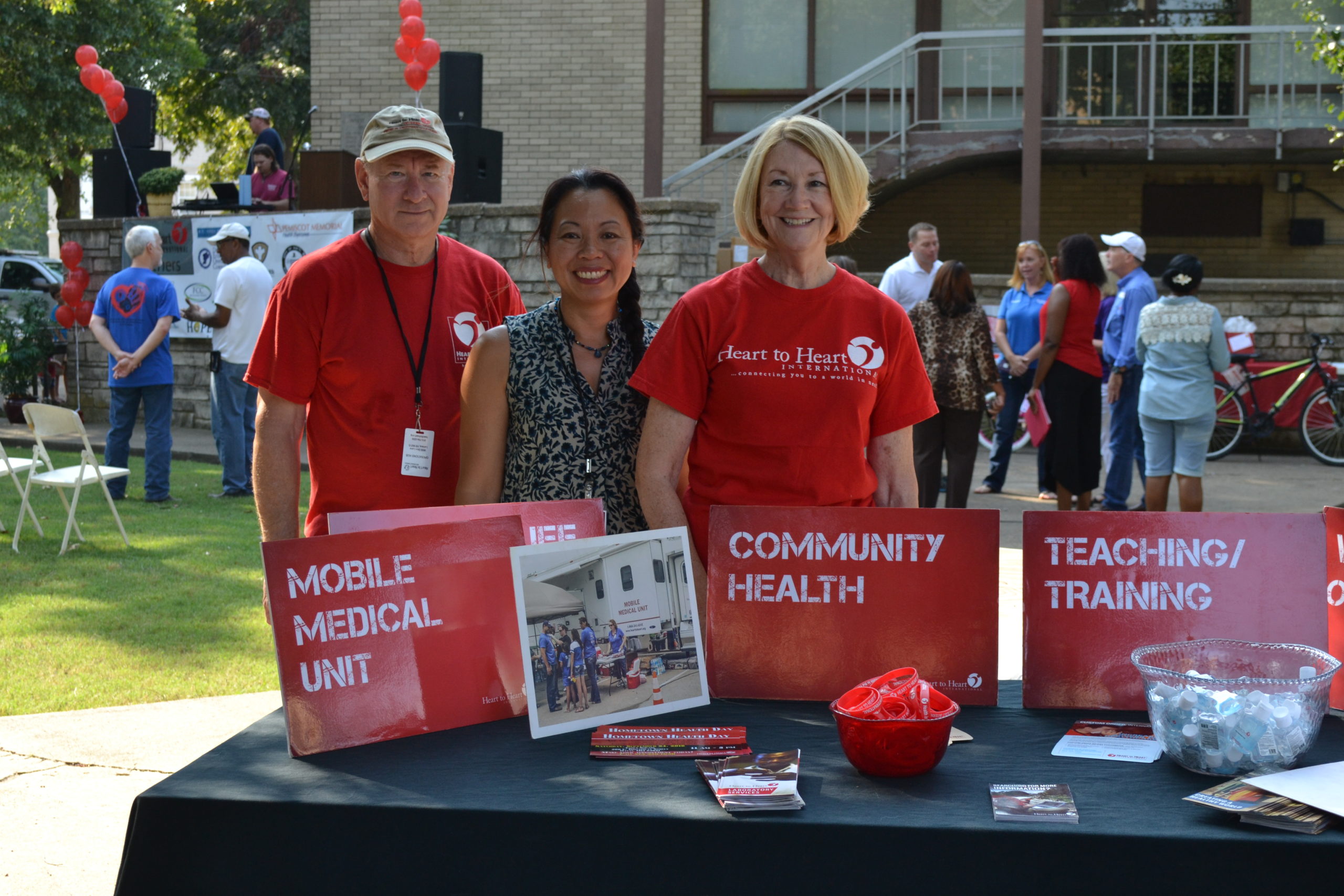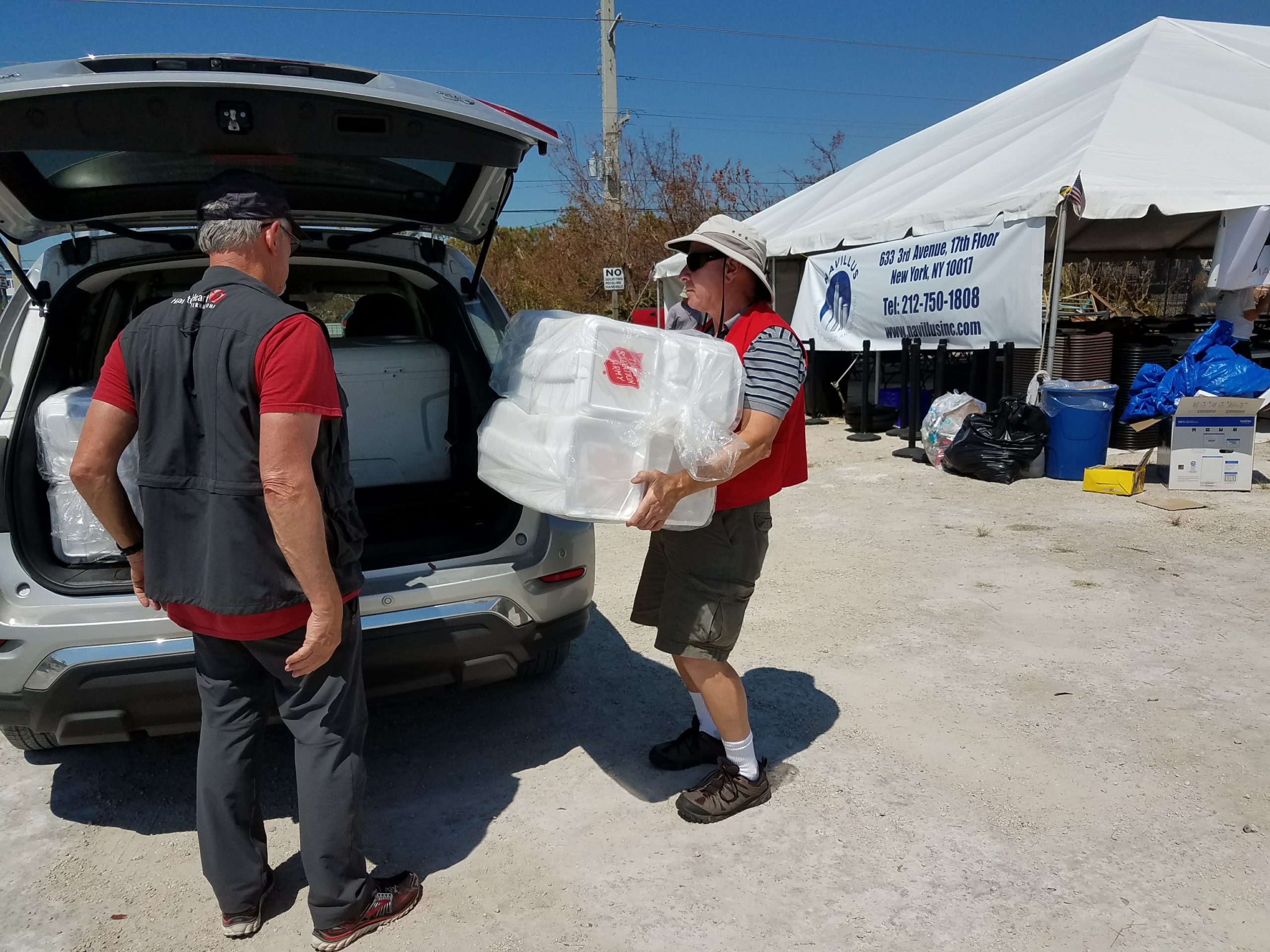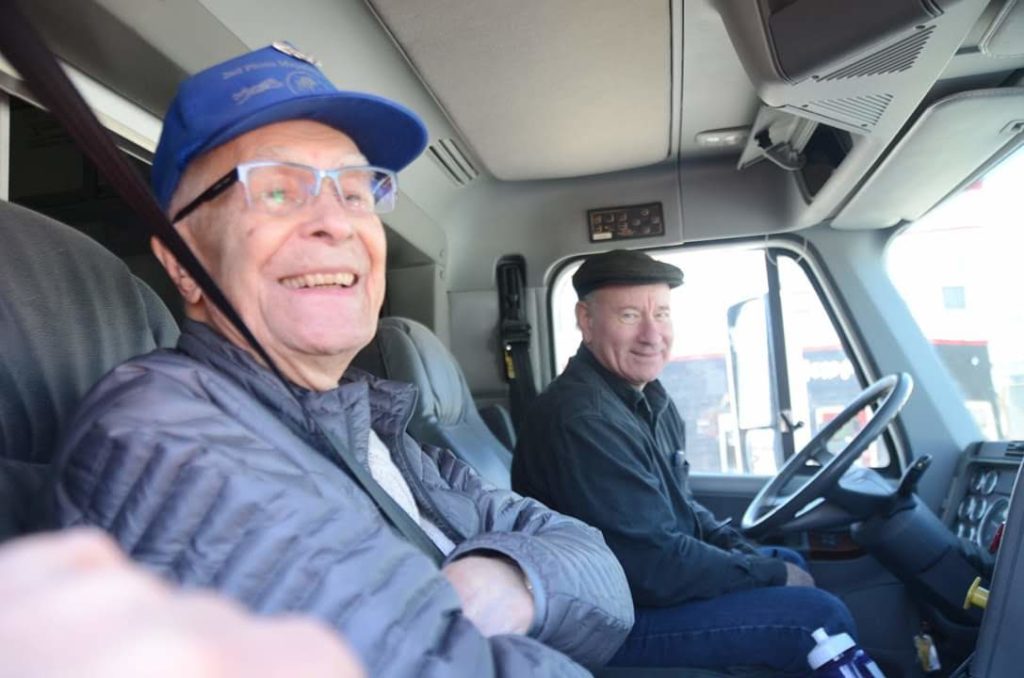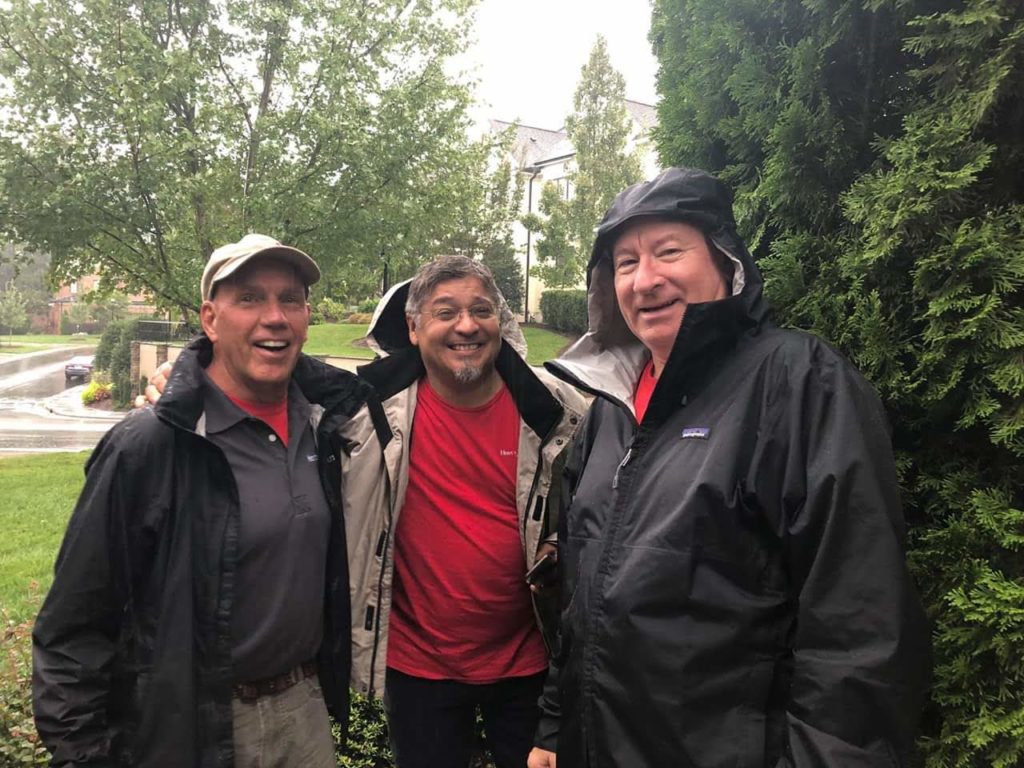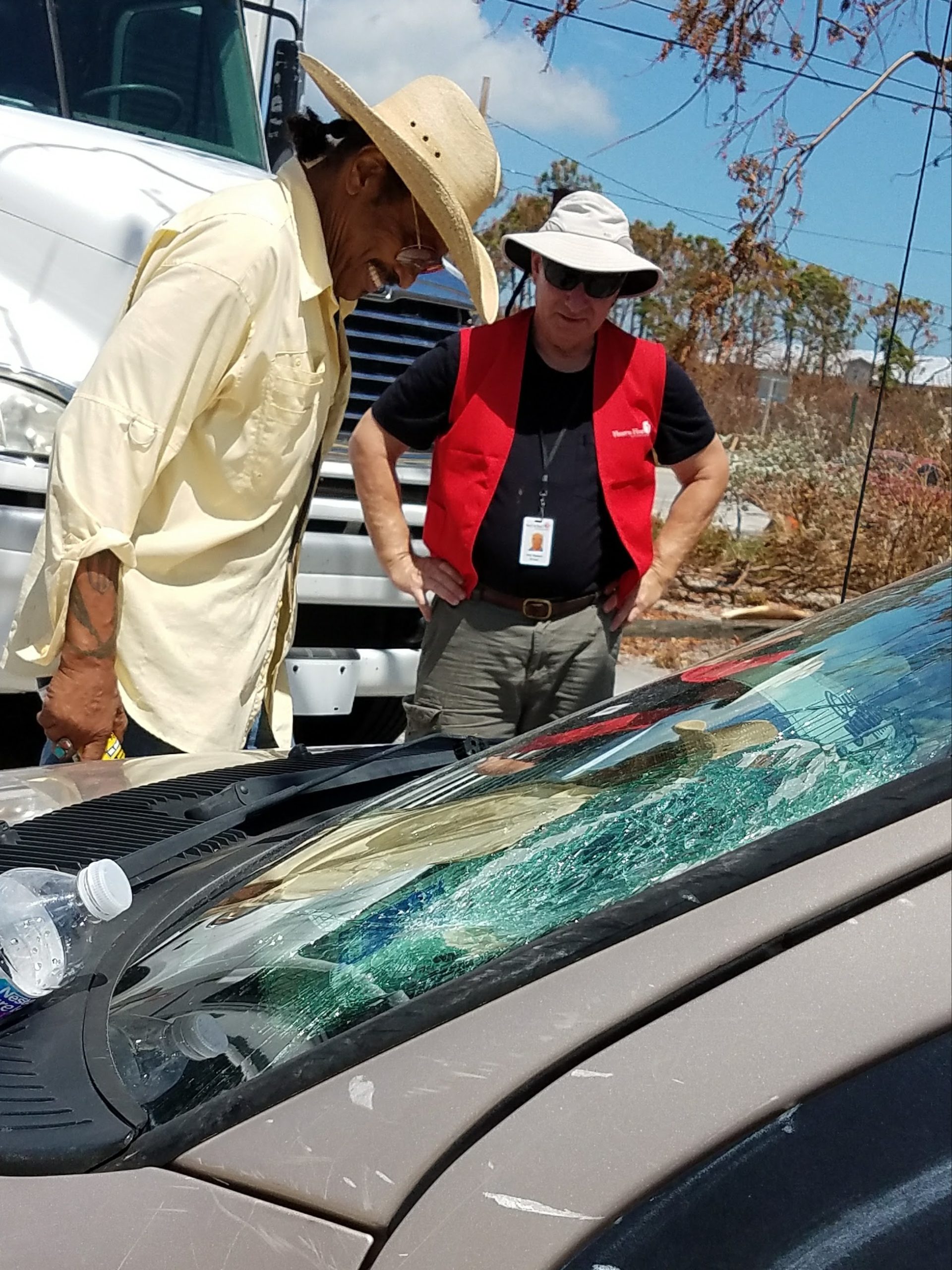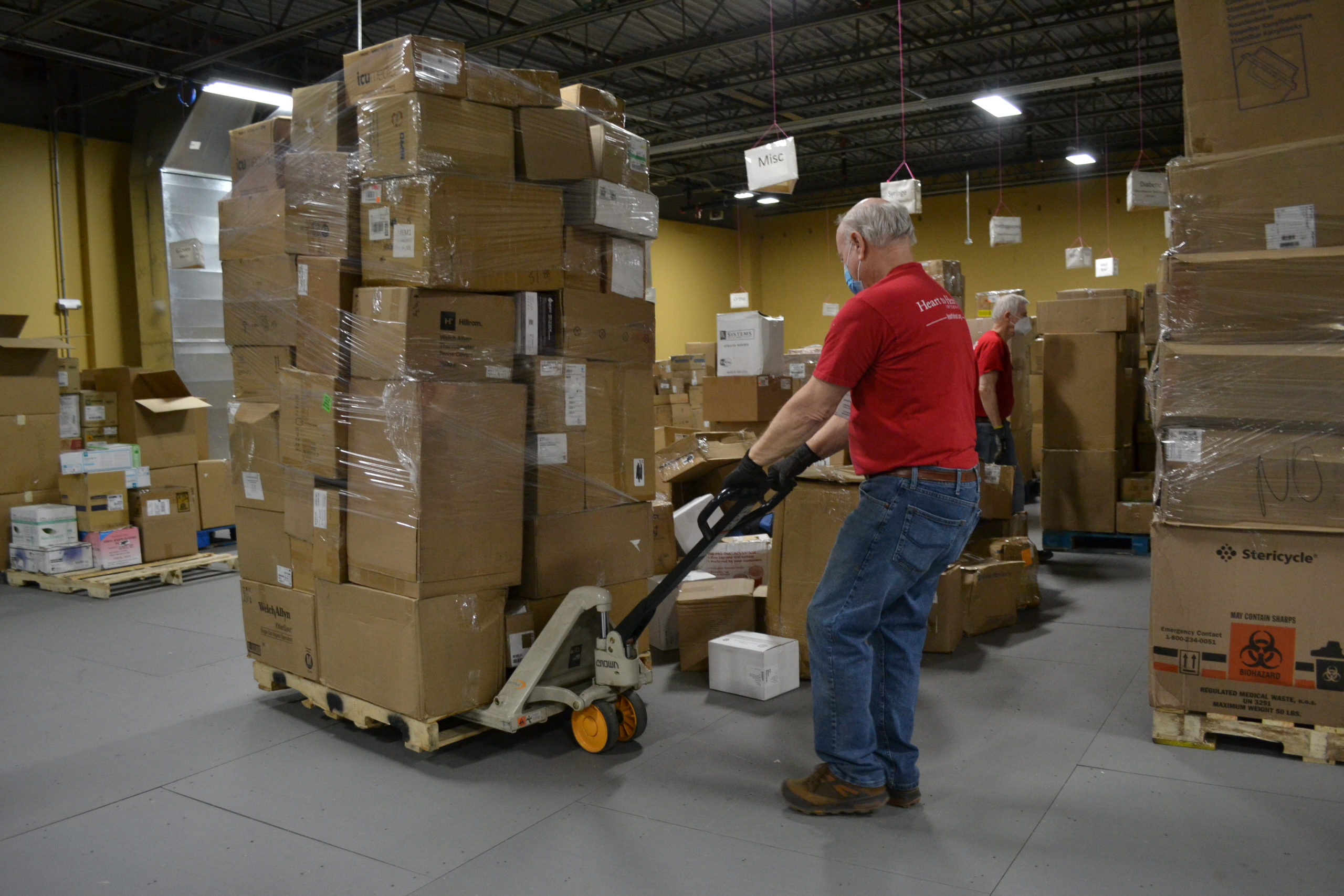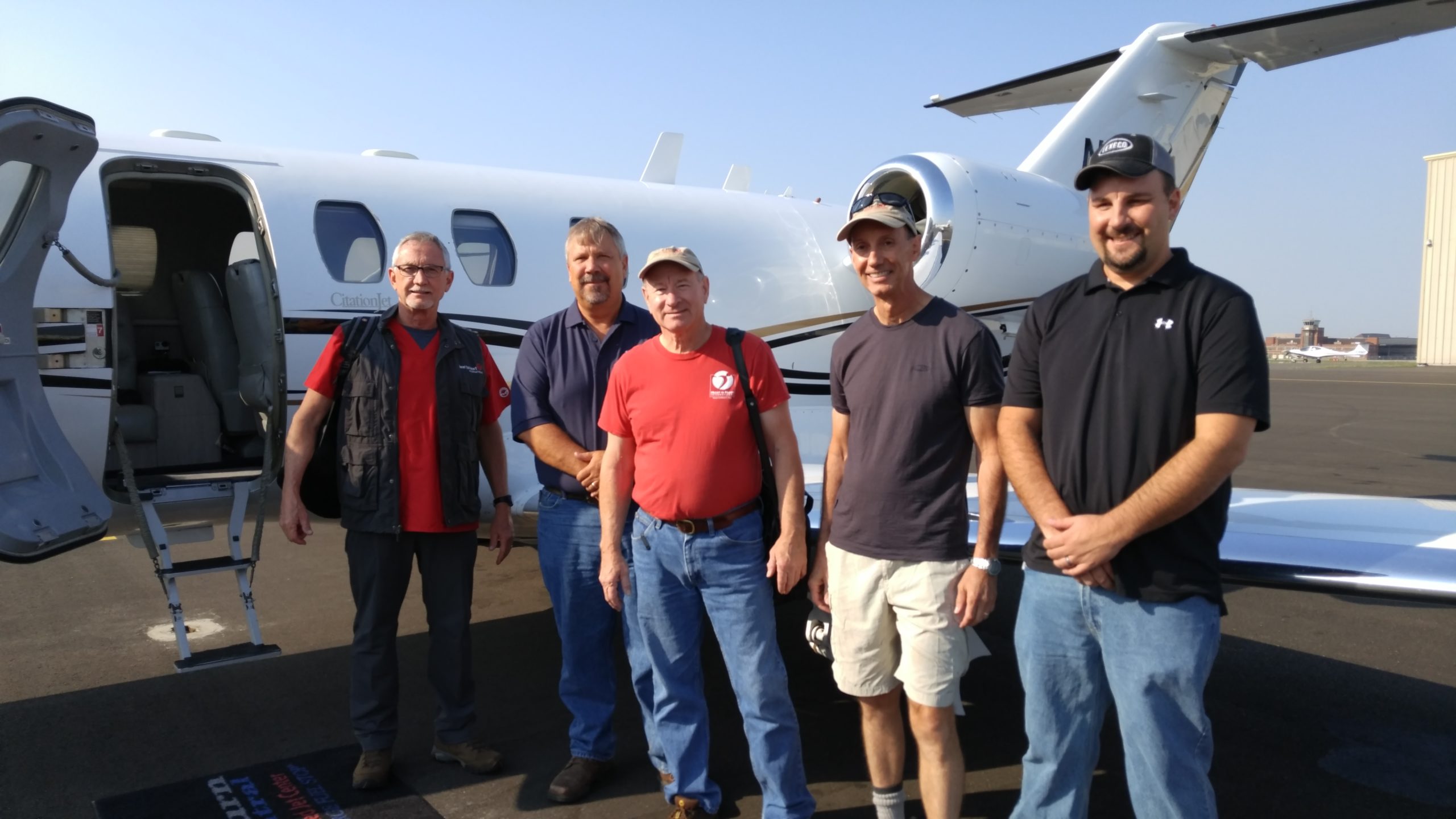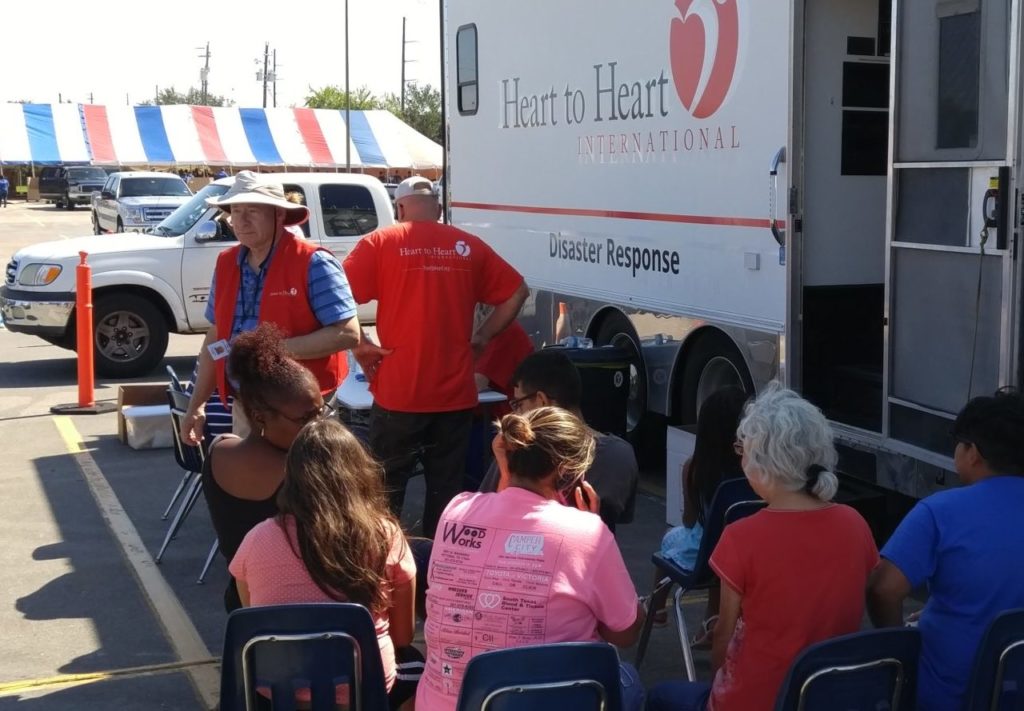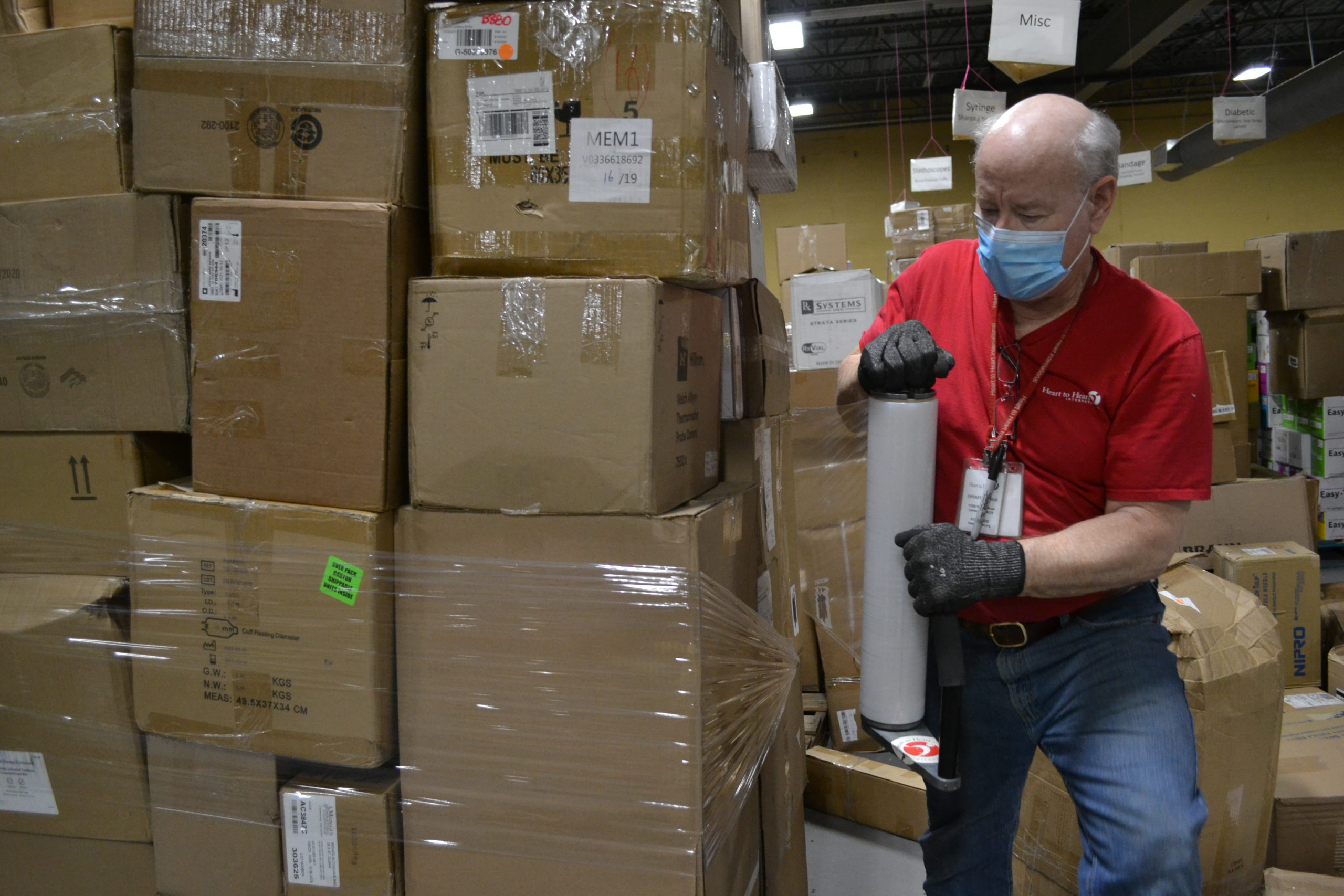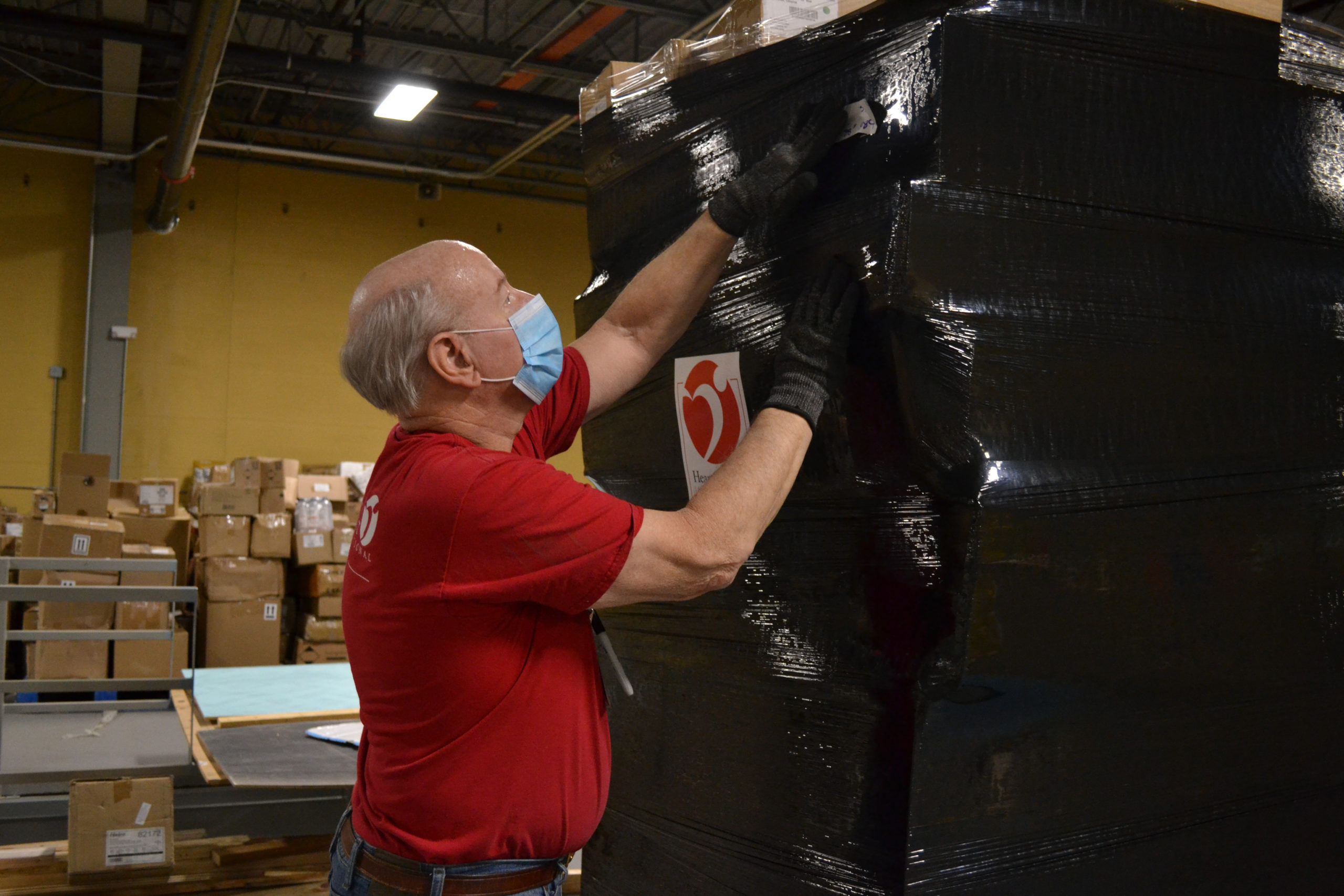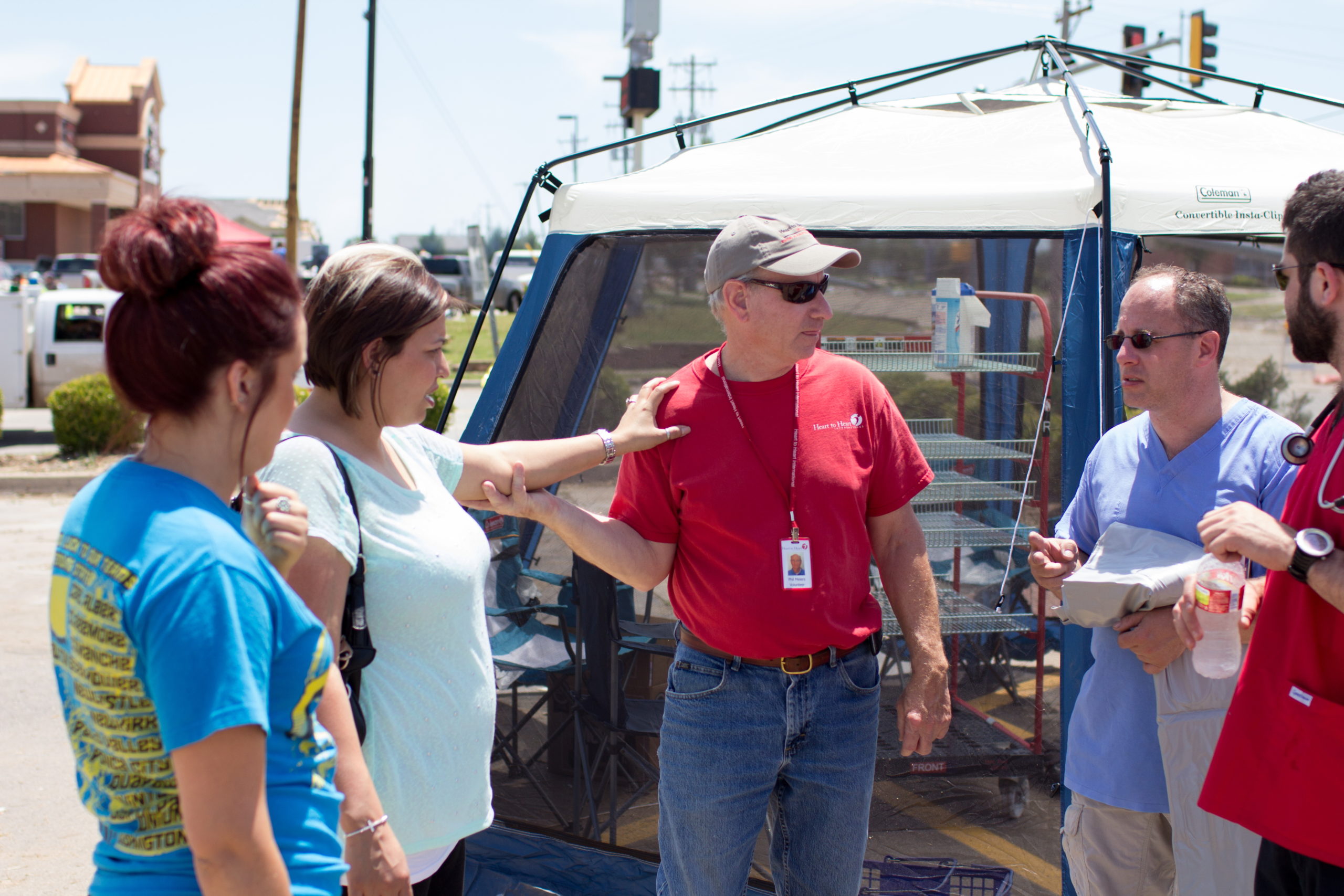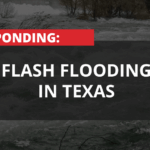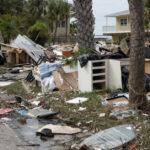Phil Meiers is an invaluable member of our volunteer roster. He has dedicated a whopping 3,798 hours of volunteer service, and he’s been with us for over seven years after joining HHI in 2013. We asked Phil if he would be willing to share with us some of his experiences volunteering with Heart to Heart International. He graciously accepted:
“I started volunteering for HHI after I retired from a 32-year career in IT in 2011. I wanted some activity that would keep me moving. The company I retired from (Hallmark Cards) had always supported HHI over the years with product and encouragement to its employees in order to offer monetary support when disaster struck, so I was already familiar with HHI and its work. I have come to know so much more about the organization and its amazing work not only domestically but internationally as well.
I started in the warehouse assisting with receiving and shipping, which accounts for the approximately 500 hours per year I spend with HHI. Soon was able to operate the forklift. I thought I had found the best second act around. But then an even more exciting opportunity came my way. HHI has a Mobile Medical Unit that requires a commercial license to drive, and the main driver at the time was looking for additional drivers. It turned out that we have very similar backgrounds, and it was not long before he convinced me to get my commercial license and taught me to drive it. I have had the privilege of doing the same with several other volunteers over the years.
I have been deployed to 6 hurricanes and 2 tornados in the past 10 years, as well as a few trips to Nicodemus KS with the MMU. Each experience was quite different. My first was Hurricane Sandy in NY taking 3 days transit time to arrive on Halloween evening, the day after Sandy made landfall. There was no electricity on the whole of Long Island, but where we were stationed, very little damage. Another was Irma in the middle of summer in the Florida Keys, where the temperature reached 105 every day and the feels like was over 110. For the Moore, OK, tornado where an entire hospital was destroyed, we set up close to that location and worked alongside the hospital staff mostly taking care of the thousands of people that came to help clean up the enormous devastation.
On these deployments my primary responsibility is to make sure the MMU remains ready for the next client, the medical staff can locate any supply needed and to help with the intake of clients throughout the day. This includes things like getting service for the generator, keeping fuel levels up, and making sure there is food and water for our staff.
In so many of these deployments we see people who have suffered tremendous loss of their home and belongs and have further suffered an injury in the process of getting their life back together. Some have no insurance, some have no transportation to medical services, some could not get away from the danger because they did not have the means. All are grateful for the unquestioning support and medical aid they received from HHI. As a logistical volunteer, I of course can’t do more than hand out band aids, but I am there to see the transformation of their spirits after they have seen the doctor and/or nurse.
One particularly memorable event was in North Carolina. We were stationed across the street from the only working medical facility for miles, the main Hospital. On this day there was only one HHI doctor active, a pediatrician. He commented at the end of the day that he had applied stitches to more people than he had in his practice in the previous 5 years. One such client had severe lacerations across his face and eye lid. Ideally the client should have seen a plastic surgeon. But as he had no insurance, the doc spent over an hour working each area of his face, between seeing other clients. I was so proud that we were there for him and now wonder how that client is doing.
Another memorable event was in the Florida Keys. After the hurricane, there was not one green leaf left on any tree or shrub. After we had been there a few days we began to see many first responders and linemen with an irritating rash on their arms, legs and faces. Turns out they all had been in contact with poison sumac and did not know it because there was no foliage. We were able to provide relief with a topical ointment and had to order more in overnight to keep the supply up. These guys really were thankful for HHI.
While each deployment is exciting, it is also very hard work for all involved. The weather can be unpleasant, the accommodations are generally lacking (it is a disaster!), and sometimes the food is hard to swallow. But as the deployment progresses, we get to see that all things get better, and we know we have made an impact on the lives of those we served.“
More Stories:
- Unprecedented Texas Flash Flooding: HHI Mobilizes Relief
- Delivering Critical Aid to Sudan’s Crisis-Affected Communities
- No More Waiting: On-Site Labs Deliver Immediate Answers and Faster Healing
- New Lab Technology for Tennessee Health Clinic
- All You Need to Know About Hurricanes: A Complete Guide for Hurricane Season

